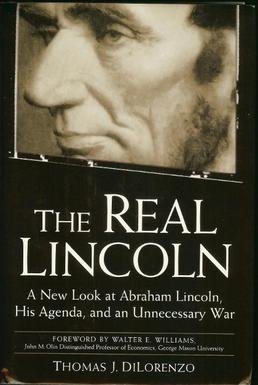Traitors? Hardly. Secession wasn't barred in the US Constitution so was thus a legal remedy. If I'm not wrong the SC confirmed that. States which seceded were no longer part of the US and of course their citizens were no longer US citizens. One can't be a traitor to a foreign country.
If you pay attention to the number and dates of the monuments you'll see that the bulk were put up when the veterans were at late middle age or older.
Scholars are very much split on the legality of secession pre-Civil War. Some state that it was not prohibited for various reasons, some state that it was impermissible for various reasons. The original rule of law, the Articles of Confederation explicitly mentions a Perpetual Union and some argue it was "implied" when the Constitution replaced the AOC.
They do seem to agree that the Supreme Court very much closed that door post-Civil War with Texas vs White with the 5-3 ruling that states can't break from the "indestructible Union"
Interesting things to think about...
What if the South had tried to peacefully negotiate something at Fort Sumter? Without "southern aggression" would Lincoln have been able to garner support for the war?
The Confederate Constitution:
-Banned any state from declaring slavery illegal
-Outlawed any protective tariffs
-Did not contain the word secede.
Like the US Constitution, secession was vague but possibly more implied based on some language in the preamble. With the growing pains of a new nation, would some states have tried to splinter off or rejoin the Union?
Fascinating things to think about...with slavery becoming morally unacceptable, would the South have adapted away from its agriculture heavy economy?
Would a decentralized government heavy on states having more rights have led to conflict?
Would trade between the US and the Confederacy have eventually opened up as time went on?
Would either country have felt like they had the resources to join WW2?




